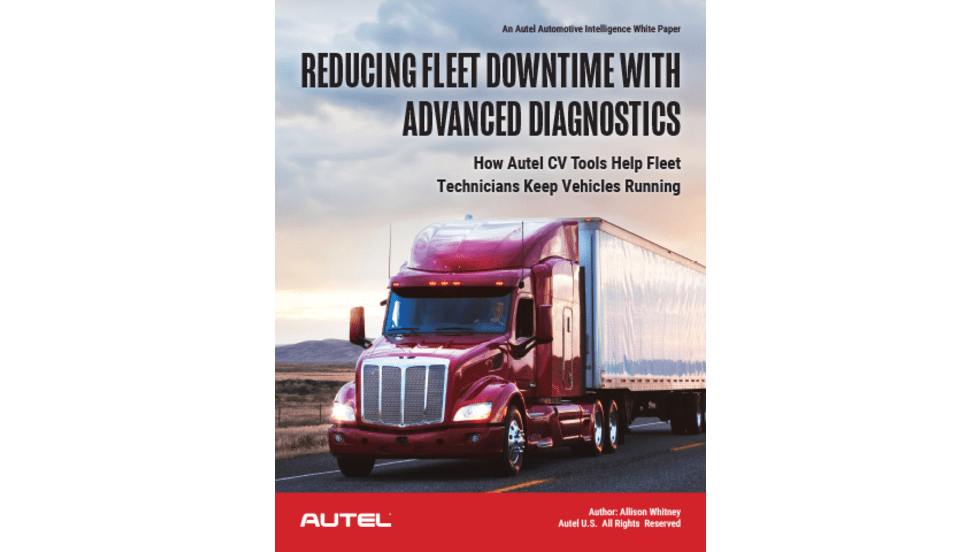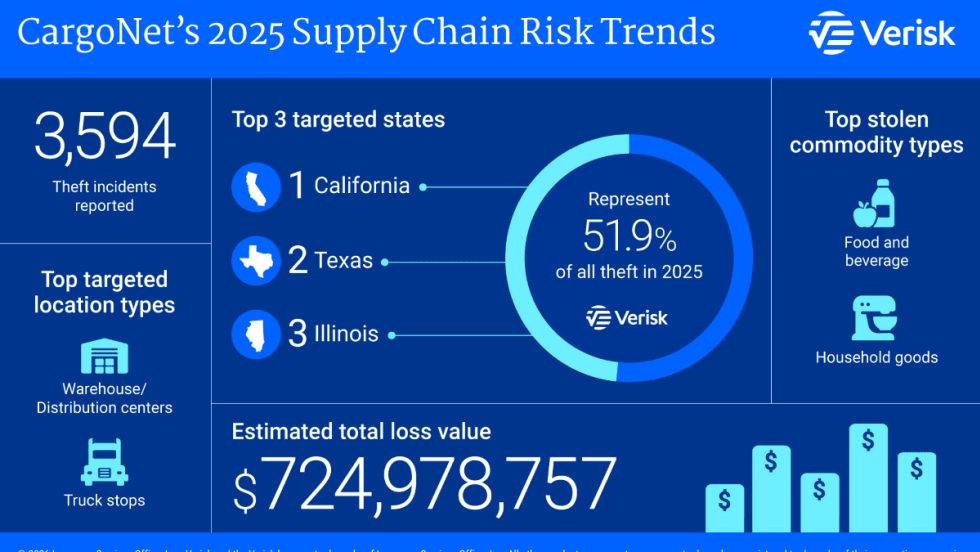The American Trucking Associations and several of its state affiliates are leading a number of groups representing various facets of the supply chain in suing the Biden administration over its employer-based COVID-19 vaccine mandate.
The Department of Labor’s Occupational Safety and Health Administration on Nov. 4 announced the details of a requirement for employers with 100 or more employees to ensure each of their workers is fully vaccinated or test for COVID-19 on at least a weekly basis.
The new COVID-19 vaccine/testing rule from OSHA is an emergency temporary standard, or ETS. It requires covered employers to develop, implement, and enforce a mandatory COVID-19 vaccination policy, with an exception for employers that establish, implement, and enforce a policy allowing employees who are not fully vaccinated to undergo weekly COVID-19 testing and wear a face covering at the workplace.
Larger fleets are worried that drivers who do not wish to be vaccinated will leave for smaller companies not subject to the mandate, as well as concerned about the difficulties in getting a far-flung mobile workforce in for vaccines or regular testing.
There is some indication that the new rule won't apply to solo drivers who do not interact with others in the workplace, not through a specific exemption for truck drivers, but through other exemptions in the rule.
“We are asking the court to stay implementation of the mandate because we believe the Occupational Safety and Health Administration did not satisfy the statutory requirements for issuing this Emergency Temporary Standard instead of going through the proper rulemaking process,” said Nicholas Geale, ATA vice president of workforce policy, in a news release.
Emergency temporary standards do not go through the same process of proposal and public comment as other regulations. This one is scheduled to expire in six months, but OSHA also said it is pursuing it as a permanent regulation and asked for comment.
ATA and several state partners (the Louisiana Motor Truck Association, the Mississippi Trucking Association, and the Texas Trucking Association) filed their challenge in the U.S. Court of Appeals for the Fifth Circuit on Nov. 9. They were joined in the suit by the Food Marketing Institute, the International Warehouse Logistics Association, the National Association of Convenience Stores, the National Retail Federation, the National Association of Wholesaler-Distributors, and the National Federation of Independent Business.
“We are deeply concerned about the timing for implementing the OSHA vaccine mandate during the most important season of the year for retailers and customers,” said National Retail Federation President and CEO Matthew Shay in a statement. “Our members are already facing workforce shortages and supply chain disruptions, in addition to the legal and practical challenges of implementing this ETS during the holiday season.”
Retailers and trucking groups have said they are especially concerned about the potential impact of the mandate on an already-stressed supply chain.
“To be very clear, ATA and its member companies support efforts to encourage all Americans to get vaccinated against COVID-19 — our trucks and drivers have been on the front line in fighting this pandemic since the beginning, moving personal protective equipment, test kits, the vaccine itself and much more as the country locked down — but we believe that the Biden administration has overstepped its statutory authority in issuing this Emergency Temporary Standard,” said ATA President and CEO Chris Spear in a news release.
News out of Texas this week (one of the states where the trucking association is suing) showed that out of nearly 29,000 Texans who have died from COVID-related illnesses since mid-January, only 8% of them were fully vaccinated against the virus, according to the Texas Tribune. Texas has one of the highest COVID-19 death tolls in the nation.
“This standard arbitrarily picks winners and losers and puts employers in an untenable position of forcing workers to choose between working and their private medical decisions, which is something that cannot be allowed," Spear said. “We told the administration that this mandate, given the nature of our industry and makeup of our workforce, could have devastating impacts on the supply chain and the economy, and they have, unfortunately, chosen to move forward despite those warnings,” he said. “So we are now, regrettably, forced to seek to have this mandate overturned in court.”
The ETS already has been put on hold, at least temporarily, by an appeals court in the face of multiple legal challenges from state attorneys general.














